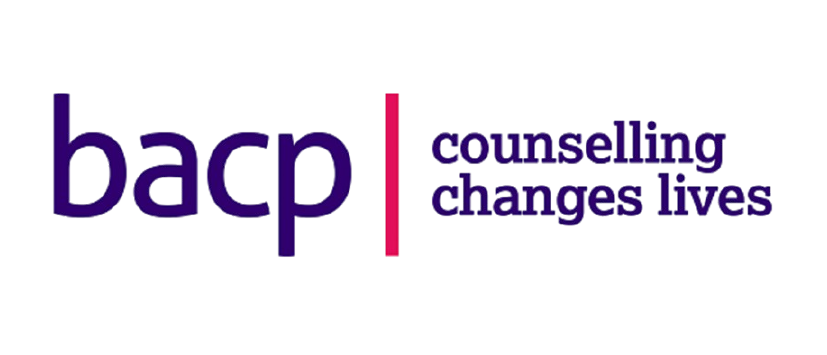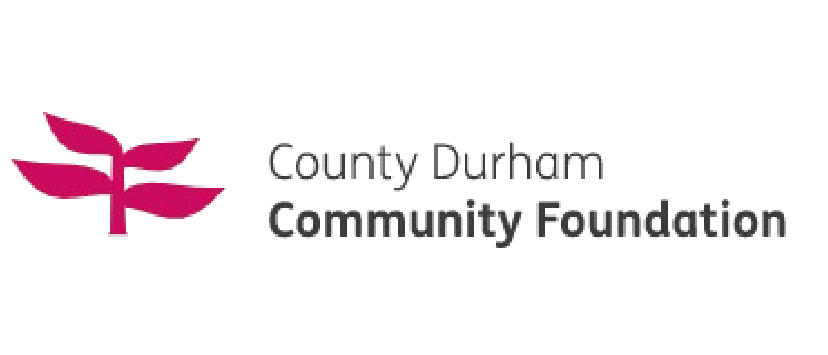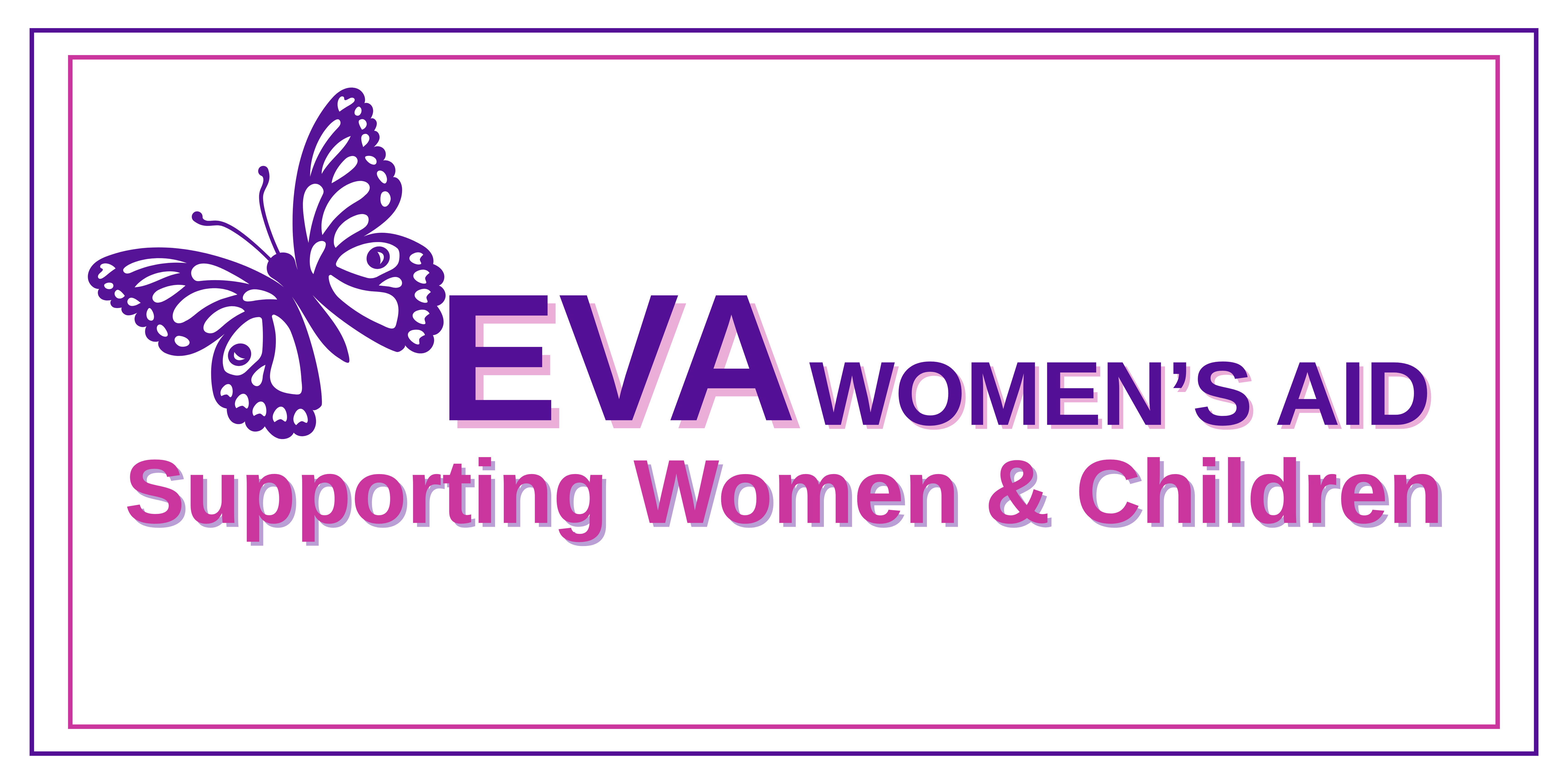Sexual Violence
The term sexual violence means any sexual activity or act that happened without consent. It includes rape, sexual assault, sexual abuse and sexual harassment.
We support victims of childhood sexual abuse as well as people who’ve been assaulted or raped as adults.
No matter how much time has passed since the abuse occurred or who was responsible, EVA offers confidential and independent support.
No one ever deserves, nor do they invite, sexual violence in any form. The responsibility rests entirely—100%—with the perpetrator or perpetrators.
Sexual Violence
The term sexual violence means any sexual activity or act that happened without consent. It includes rape, sexual assault, sexual abuse and sexual harassment.
We support victims of childhood sexual abuse as well as people who’ve been assaulted or raped as adults.
No matter how much time has passed since the abuse occurred or who was responsible, EVA offers confidential and independent support.
No one ever deserves, nor do they invite, sexual violence in any form. The responsibility rests entirely—100%—with the perpetrator or perpetrators.
Sexual violence refers to any type of sexual activity or action, whether online or offline, that was unwelcome and included one or more of these elements:
- Pressure
- Manipulation
- Bullying
- Intimidation
- Threats
- Deception
- Force
The lasting impact of sexual violence can manifest in a wide range of emotional, psychological, and physical challenges. Experiencing sexual assault or abuse, regardless of age or gender, can profoundly affect every facet of an individual’s existence and life. This includes their mind, body, behaviour, thoughts, and feelings.
Sexual violence is a significant issue in our society. According to the Crime Survey for England and Wales, it was estimated that around 798,000 women aged 16 and older experienced sexual assault in the year ending March 2022. Furthermore, it is believed that only 20% of survivors will report their experiences to the police. One contributing factor to this underreporting is the prevalence of various entrenched rape myths and stereotypes.
Myths Vs Facts
Myth
Women who have been drinking or use drugs have it coming if they get raped.
Fact
No one is ever to blame for being raped or sexually assaulted – it doesn’t matter what the circumstances were. It is always a crime to rape or sexually assault someone and 100% of the blame, shame and responsibility for that crime lies with the perpetrator or perpetrators.
Myth
If she didn’t scream, try to run away or fight back then it wasn’t rape
Fact
It is very common for people who experience rape, sexual assault, sexual abuse or other types of sexual violence to find they freeze and can’t move or speak.
This is one of our body’s natural reactions to fear, intended to protect us. It’s also a reason why many individuals show no visible injuries after encountering such experiences.
Myth
If she didn’t explicitly say “no,” then it wasn’t rape.
Fact
Not saying “no” does not equate to giving consent. If an individual appears uncertain, remains silent, moves away, or doesn’t respond, they are not consenting to engage in sexual activity.
Myth
It’s can’t be rape if it’s your wife or girlfriend or you have had sex previously
Myth
Women are ‘asking for it’ if they wear revealing clothes or flirt
Myth
Women frequently adopt a ‘hard to get’ approach, expressing ‘no’ when their true intention is ‘yes’.
Myth
Victims and survivors are expected to respond in a specific manner following an incident of rape.
Fact
If someone wishes to engage in any sexual activity with another person, they must obtain that person’s consent every single time. Whether they’ve been in a relationship for weeks or years, if the other person does not give their consent, it is rape and it is illegal.
Fact
Women and girls possess the right to choose their attire and conduct themselves freely without the threat of rape or sexual assault, a right that extends to all individuals. There is absolutely no justification for rape or sexual assault
Fact
Women and girls, like men and boys, deserve to be heard and believed regarding matters of sexuality. Every individual has the right to alter their consent at any moment during sexual interactions, and it is not for others to determine what someone desires – that is solely their prerogative. Therefore, if an individual expresses a refusal, it is imperative to honor their decision.
Fact
Individuals react in various ways to rape and other forms of sexual violence, and there is no correct or incorrect manner in which to respond or feel afterward. It is not uncommon for individuals to experience numbness following a traumatic incident such as rape or sexual assault. Additionally, some may not experience the repercussions of trauma until a significant period has elapsed after the event.
Sexual violence refers to any type of sexual activity or action, whether online or offline, that was unwelcome and included one or more of these elements:
- Pressure
- Manipulation
- Bullying
- Intimidation
- Threats
- Deception
- Force
The lasting impact of sexual violence can manifest in a wide range of emotional, psychological, and physical challenges. Experiencing sexual assault or abuse, regardless of age or gender, can profoundly affect every facet of an individual’s existence and life. This includes their mind, body, behaviour, thoughts, and feelings.
Sexual violence is a significant issue in our society. According to the Crime Survey for England and Wales, it was estimated that around 798,000 women aged 16 and older experienced sexual assault in the year ending March 2022. Furthermore, it is believed that only 20% of survivors will report their experiences to the police. One contributing factor to this underreporting is the prevalence of various entrenched rape myths and stereotypes.
Myths Vs Facts
Myth
Women who have been drinking or use drugs have it coming if they get raped.
Fact
No one is ever to blame for being raped or sexually assaulted – it doesn’t matter what the circumstances were. It is always a crime to rape or sexually assault someone and 100% of the blame, shame and responsibility for that crime lies with the perpetrator or perpetrators.
Myth
If she didn’t scream, try to run away or fight back then it wasn’t rape
Fact
It is very common for people who experience rape, sexual assault, sexual abuse or other types of sexual violence to find they freeze and can’t move or speak.
This is one of our body’s natural reactions to fear, intended to protect us. It’s also a reason why many individuals show no visible injuries after encountering such experiences.
Myth
If she didn’t explicitly say “no,” then it wasn’t rape.
Fact
Not saying “no” does not equate to giving consent. If an individual appears uncertain, remains silent, moves away, or doesn’t respond, they are not consenting to engage in sexual activity.
Myth
It’s can’t be rape if it’s your wife or girlfriend or you have had sex previously
Fact
If someone wishes to engage in any sexual activity with another person, they must obtain that person’s consent every single time. Whether they’ve been in a relationship for weeks or years, if the other person does not give their consent, it is rape and it is illegal.
Myth
Women are ‘asking for it’ if they wear revealing clothes or flirt
Fact
Women and girls possess the right to choose their attire and conduct themselves freely without the threat of rape or sexual assault, a right that extends to all individuals. There is absolutely no justification for rape or sexual assault
Myth
Women frequently adopt a ‘hard to get’ approach, expressing ‘no’ when their true intention is ‘yes’.
Fact
Women and girls, like men and boys, deserve to be heard and believed regarding matters of sexuality. Every individual has the right to alter their consent at any moment during sexual interactions, and it is not for others to determine what someone desires – that is solely their prerogative. Therefore, if an individual expresses a refusal, it is imperative to honor their decision.
Myth
Victims and survivors are expected to respond in a specific manner following an incident of rape.
Fact
Individuals react in various ways to rape and other forms of sexual violence, and there is no correct or incorrect manner in which to respond or feel afterward. It is not uncommon for individuals to experience numbness following a traumatic incident such as rape or sexual assault. Additionally, some may not experience the repercussions of trauma until a significant period has elapsed after the event.
If you are uncertain whether your experience aligns with any of these situations, please feel free to reach out to us. It is completely normal to feel confused, and you are not required to have all the appropriate terminology at this moment. Should you have encountered a sexual experience that felt uncomfortable or inappropriate, we are here to support you.
You can contact us by calling 01642 490677 or email us info@eva.org.uk
Reporting to the Police
If you need to report sexual violence or abuse:
Dial 101 for non-emergencies.
Dial 999 if you are in immediate danger or it’s an emergency.
Visit a Police Station: You can also report the incident in person at a local police station.
If It Happened Recently
There might be forensic evidence that could aid the investigation. To preserve this evidence, try to avoid:
- Eating or drinking
- Smoking
- Washing yourself
- Brushing or combing your hair
- Brushing your teeth
- Changing your clothes
- Using the toilet (if necessary, use a clean container)
- Disturbing or cleaning the scene of the assault
If you have done any of these, it’s still okay—you can still report the incident.
If you report to the police, they might use an early evidence kit, which could involve taking a urine sample or a mouth swab. Afterward, you can have a drink and use the toilet. They will also inquire if you wish to undergo a forensic medical examination, typically conducted at a Sexual Assault Referral Centre (SARC).
Reporting a Past Incident
There is no time limit on when you can report an incident to the police, so even if it happened a long time ago, you can still go to them if you choose.
If the incident occurred more than a week ago, a visit to a SARC for a forensic medical examination is not necessary.
You may have concerns about the lack of evidence, but your account of what happened is also considered evidence.
The police should investigate your report, regardless of how much time has passed since the incident.
Unsure About Reporting to the Police?
- You can visit a Sexual Assault Referral Centre (SARC) without contacting the police first.
- SARCs can securely store any forensic evidence they gather. If you decide to report to the police later, this evidence will be available for use.
What is a Sexual Assault Referral Centre (SARC)
A SARC can offer confidential medical and practical support to people who have recently been raped or sexually assaulted.
At a SARC, you can access both medical and practical support, including:
- A forensic medical examination to gather evidence, with or without police involvement.
- Medical assistance for injuries.
- Free pregnancy and STI tests.
There’s no obligation to report to the police when visiting a SARC. They can securely store any collected evidence for potential future reporting.

Your Nearest SARC
SARC Teesside
13 Trinity Mews,
North Ormesby Health Village,
North Ormesby, Middlesbrough TS3 6AL
Phone: 0330 223 0099
They are open 24 hours a day, every day of the year.
You can visit their website here
We never fail to be amazed by the generosity of our local community and we thank you from the bottom of our heart. Here are some of the amazing people and organisations who support us:
































Contact us

Address
EVA’s House
86 High Street,
Redcar TS10 3DL
Telephone
01642 490677
info@eva.org.uk
Contact us

